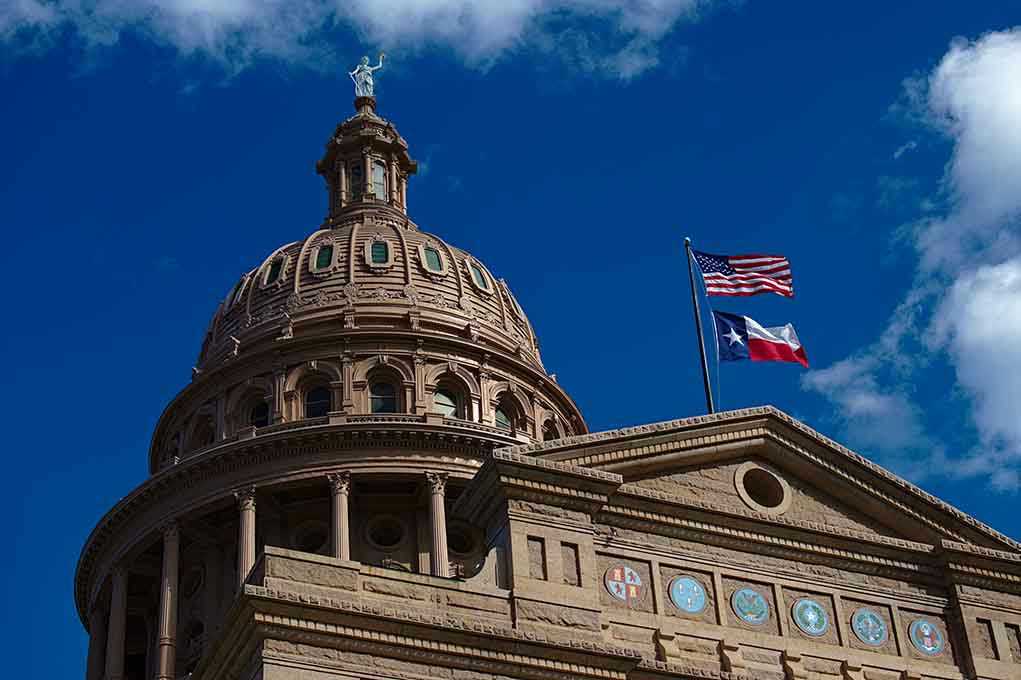
Austin’s fire chief refused to deploy rescue teams to save Texans during the deadliest flood in a century—now the city’s firefighters are demanding he be fired, and the public wants answers.
At a Glance
- Firefighters’ union calls for Chief Joel Baker’s removal after he refused deployment to Kerr County during catastrophic flooding.
- At least 120 people are dead, 173 missing, and hundreds displaced in the July 2025 Texas flood—many say a faster response could have saved lives.
- Chief Baker claims “budget concerns” and lack of formal requests, while the union says informal pleas for help were ignored.
- The tragedy is fueling debate over emergency management, government priorities, and leadership accountability.
Firefighters Demand Accountability as Flood Death Toll Mounts
In a scene that feels ripped straight from the government incompetence playbook, the Austin Firefighters Association has openly revolted against Fire Chief Joel Baker. Their charge? That Baker deliberately refused to send trained rescue teams to Kerr County at the height of the July 2025 Central Texas flood disaster, despite desperate calls for help and a rapidly rising death toll. At least 120 are confirmed dead, with over 173 still missing—many of them children swept away at Camp Mystic. Baker’s union critics say the chief’s refusal to deploy resources wasn’t just a bureaucratic slip-up; it was a fatal dereliction of duty that cost lives and shattered public trust.
Baker, for his part, claims he was unaware of the informal requests and blames budgetary restrictions for suspending deployments until the end of the fiscal year. Meanwhile, Governor Abbott and President Trump declared state and federal emergencies, mobilizing every available resource—except, apparently, Austin’s own rescue specialists. The union’s no-confidence vote, scheduled for later this week, is a rare public rebuke in a profession built on unity and mutual trust. The message could not be clearer: the rank and file will not stand by while leadership prioritizes spreadsheets over human lives.
Leadership Paralysis and “Budget Priorities” in the Face of Disaster
The facts are as stark as they are infuriating. On July 2, state officials issued deployment orders in anticipation of heavy flooding, but reports indicate that Chief Baker denied informal requests for Austin’s specialized rescue teams. By July 4, as the floodwaters rose 26 feet in under an hour, families in Kerr County and across Central Texas watched their homes and loved ones vanish beneath the torrent. While first responders from neighboring counties scrambled into action, Austin’s elite rescue units remained idle—grounded by a chief who cited “budget concerns” over the desperate pleas of fellow Texans. This isn’t just a bureaucratic misstep. It’s a gut punch to every taxpayer who expects their city’s resources to be used when lives are on the line.
Chief Baker’s subsequent statements—admitting to communication failures but refusing to resign—have only fueled public outrage. The fire union’s leadership, including President Bob Nicks, has stated flatly that the delay “likely cost lives.” With state and federal officials investigating, many are asking: if this is how local leaders respond in a crisis, what exactly are we paying for? Baker’s defenders point to the need for formal paperwork and budget discipline. But try explaining that to grieving families wondering why help never arrived.
A Broader Crisis of Priorities and Accountability
This latest fiasco is not an isolated incident, but a symptom of a deeper rot in public leadership—one where process, paperwork, and political agendas trump quick action and common sense. While the politicians are busy promising “legislative reviews” and “future reforms,” regular Texans are left to pick up the pieces. The region’s history of flash flooding is well documented, yet the lack of pre-deployment and inter-agency coordination points to a failure not just of leadership, but of priorities. How many more tragedies must unfold before someone is held truly accountable?
Governor Abbott’s promise of a legislative overhaul of emergency response protocols offers a sliver of hope, but the families of the missing and deceased deserve more than platitudes. They deserve answers—and consequences for those whose inaction turned a natural disaster into a historic tragedy. The fallout has also reignited debates over government spending priorities. If Austin’s firefighters can’t be deployed to save lives during a crisis because of “budget issues,” just where is the taxpayer money going?
Sources:
Wikipedia: July 2025 Central Texas floods
CBS News: Texas flood rescue and death toll
Texas Division of Emergency Management: Disaster response
ABC News: Meteorological factors




